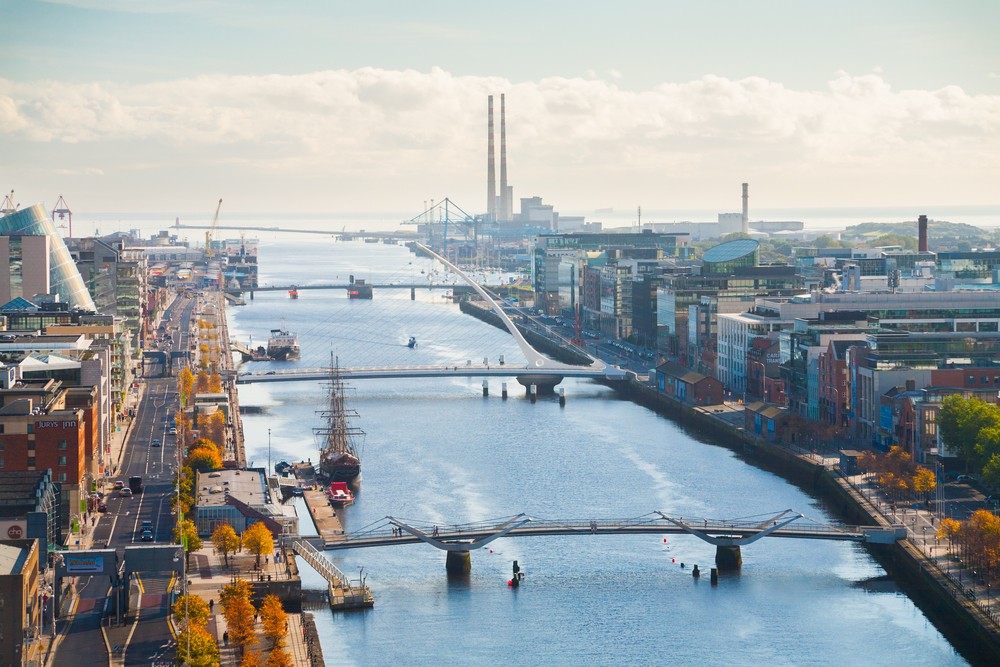As power hungry technologies such as artificial intelligence (AI) expand, there is an increasing need for sustainable power solutions and enhanced data connectivity. Balancing the demands of AI with environmental and infrastructure constraints is crucial for governments and service providers, says GlobalData, a leading data and analytics company.
Gary Barton, Research Director for Enterprise Technology and Services at GlobalData, comments: “Creating favorable conditions for major tech companies to locate their European HQs and mission-critical facilities in and around Dublin has been a major tenet of Ireland’s recent economic strategy so the importance of this decision should not be underestimated. However, the huge power demand of data centers is also a critical problem for national power networks around the world, creating a further headache for often outdated power grids that are also struggling to adapt to other modern phenomena such as electric cars.”
The carbon impact of AI is also another major factor at play, both in the decision made in Ireland and for the industry globally. Carbon footprint deadlines are looming, with many set for 2030, and yet the need to stay competitive and find new revenues streams is pushing enterprises towards AI.
Companies such as Google, Microsoft, and Amazon are keen to highlight their heavy use of renewable power at their facilities. However, global supply of green power is limited and lagging demand, and there are questions about greenwashing when it comes to powering data centers.
Barton continues: “Many sites that claim to use 100% renewable energy are actually reliant on carbon offsetting to achieve their targets. While not inherently incorrect, this practice is facing growing scrutiny from those evaluating carbon footprint claims. Consequently, data center operators are increasingly considering locations near carbon efficient power generation facilities such as nuclear power plants. The decision in Dublin is likely to be the first of many that will ultimately require new data center builds to directly or indirectly fulfil more of their own power requirements either on-site or nearby – and this will have to be low-carbon power.”
Power is not the only requirement for data centers where supply is outstripping demand. AI solutions have turbocharged the growth of data going into and out of data centers and the connectivity required to support this growth is not automatically available.
Barton concludes: “Network building service providers and subsea cable consortia are unsure where AI facilities are likely to be located and this adds uncertainty to the future network build out planning. While hyperscalers and service providers have made agreements to secure future data capacity, there is no guarantee these arrangements will fully meet demand. AI holds immense potential, yet it is essential for governments and providers to collaborate to ensure sufficient capacity while minimizing impacts on national infrastructure and the environment.”




